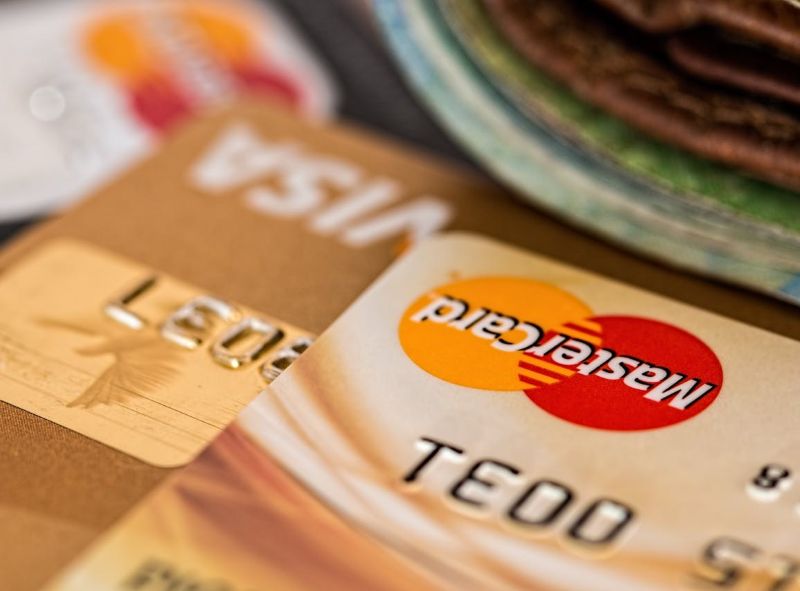Credit Card Surcharges Can Cover Fees but Turn Off Customers
Credit card surcharges have become increasingly popular lately. At least among merchants. More and more frequently, companies are charging a fee to cover the cost of credit-card processing, but some consumers are rejecting them.
What are credit card surcharges?
Credit-card processing costs generally range between 1.75 and 3.25 percent of the purchase price, with the possibility of an additional set amount per transaction (for example, 50 cents). On a $1,000 purchase, that can mean the processor takes out as much as $35 for handling the transaction. Repeated fees can add up to some serious money, hence the urge to pass the cost on to the customer. And that passed-on cost is a credit card surcharge.
Unlike some states (Massachusetts, to name one), Washington state allows merchants to add on a credit card surcharge. However, federal law caps the surcharge at a maximum of 4 percent. In addition, credit card networks can install an even lower cap. For instance, VISA mandates a maximum surcharge of 3 percent. Also, businesses can’t tack on a surcharge greater than the actual processing fee.
Businesses are required to be upfront about a surcharge. Merchants have to clearly inform their customers about the fee, and must itemize the added cost on the receipt. What’s more, federal rules prohibit surcharges on debit cards or prepaid credit cards, even if they are run as credit transactions.
Why not pass on the cost?
Online sellers have found that adding credit card surcharges leads to more abandoned shopping carts at checkout time. In other words, the potential client just gives up on buying the product. Surcharges can lead to customer complaints even if they decide to pay, and lessen repeat business.
Another reason to hesitate on adding a surcharge? As previously mentioned, not all states allow credit card surcharges. In the case of Colorado, the cap on surcharges is 2 percent. If a business levies a charge when it shouldn’t, or levies a charge greater than the rules allow, it can mean serious fines (up to $10,000 per violating transaction).
In Washington state, businesses who tack on a credit card surcharge are required to charge sales tax on retail transactions. And all transactions will have increased business and occupation tax due.
What to Do
While big online retailers like Amazon don’t charge an extra fee for using a credit card, a smaller business may find it necessary. Something that may have the same effect but cause fewer negative reaction? Offering a cash discount.
Links
The Washington state Department of Revenue offers information about how it handles surcharges.
Lastly, you can learn more about our services here!


Recent Comments